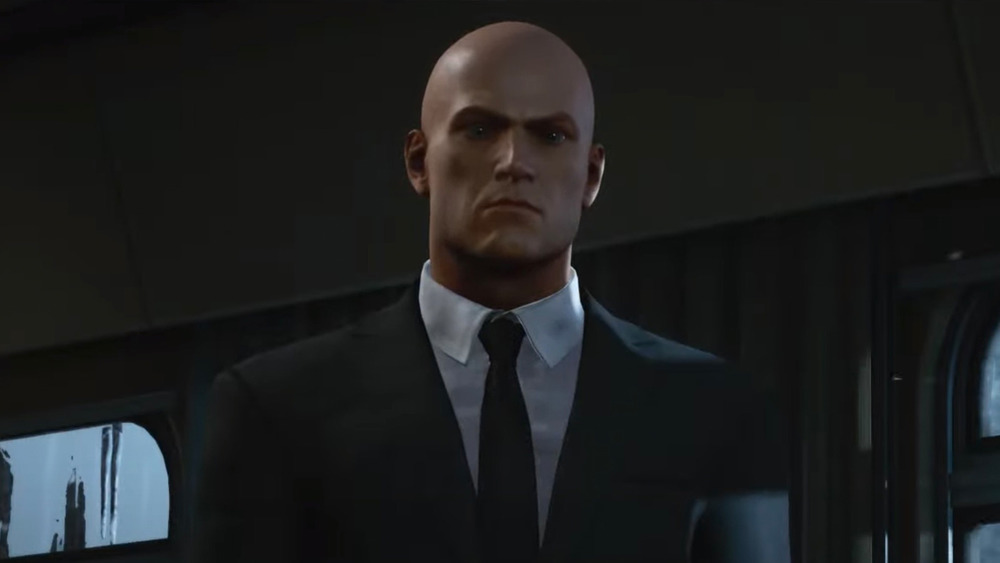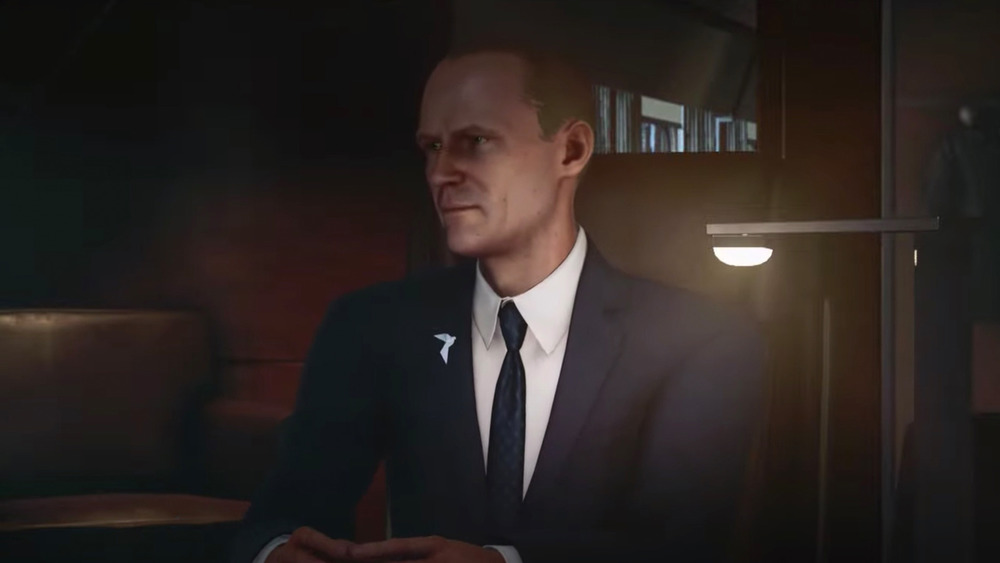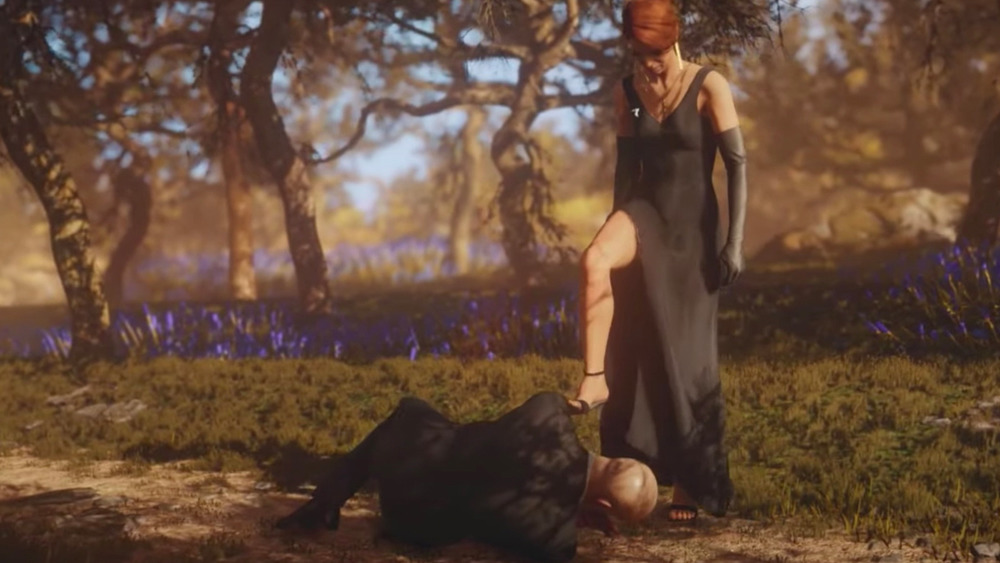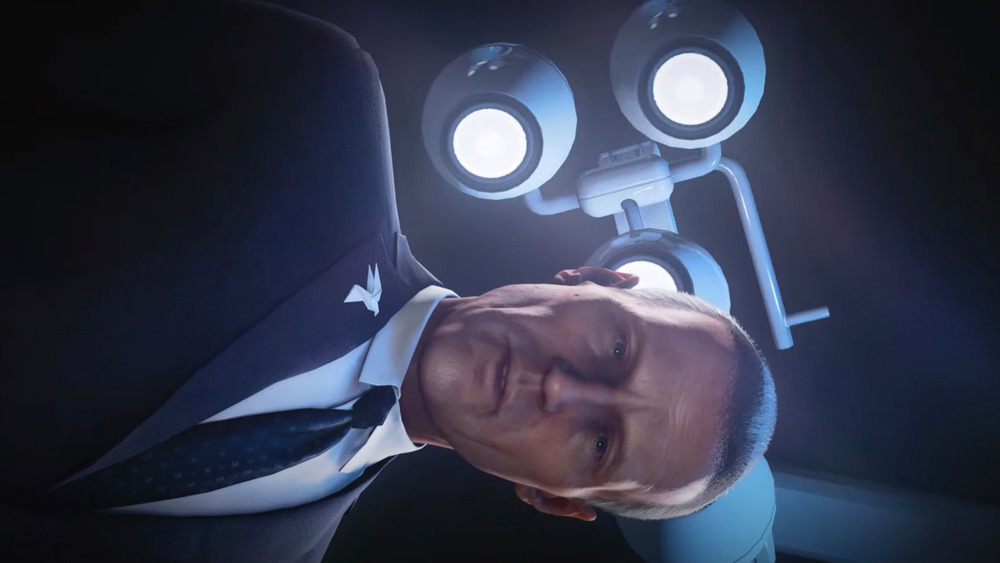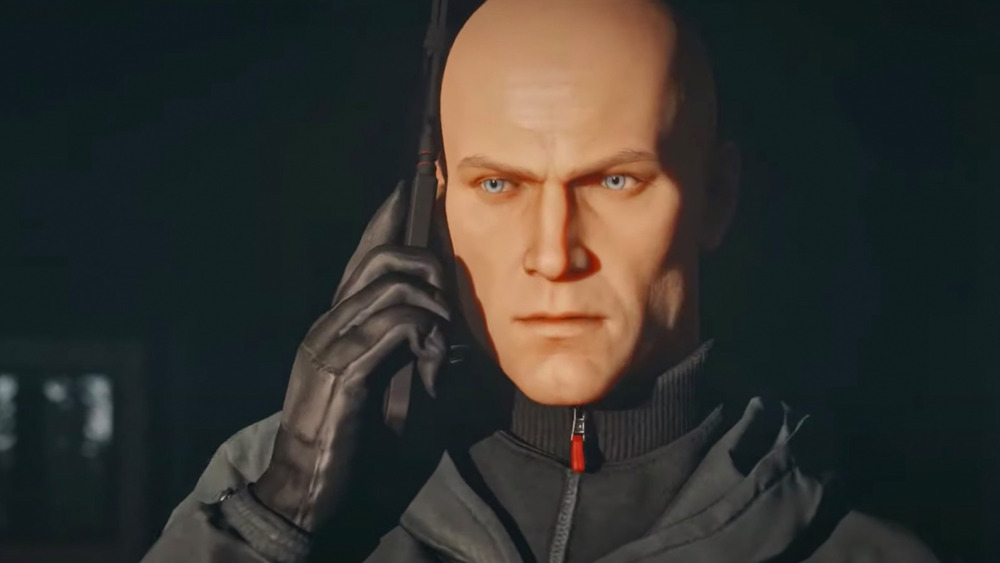The Biggest Unanswered Questions In Hitman 3
Hitman 3 and developer/publisher IO Interactive have had a successful launch so far, overcoming some technological hiccups to become one of the biggest releases of 2021 already – as reported by GamesIndustry.biz, Hitman 3 has already done 17% better than Hitman 2, and it took the top spot in the UK over this past weekend. Numbers like that mean the Hitman franchise will probably continue. But first, IO will be making a James Bond game.
When IO first announced Hitman 3 in 2020, Game Director Mattias Engström said that it would bring "a very real sense of closure" to the World of Assassination Trilogy that began in 2016. And Hitman 3 definitely did provide some closure. (Spoilers.) In the game, series protagonist Agent 47 and his handler Diana Burnwood manage to take over the shadowy, Illuminati-esque Providence organization and eliminate the International Contract Agency in the process. That takes both the Big Bad and 47's longtime employer off the board, at least for now.
But closure doesn't mean every question has been answered, and Hitman 3 still left plenty of unknowns. Here are the biggest unanswered questions from Hitman 3.
Who is the real Arthur Edwards/The Constant?
Hitman 3 reveals that The Constant's real name is Arthur Edwards, but almost nothing is known about him. Early on, Diana and 47 struggle to locate Edwards because he's thoroughly deleted his biographical information. There are no records of his life. And Diana and 47 never really uncover any.
The only real information provided about The Constant in the entire trilogy is that he's the former protégé and successor of Janus, who was Providence's first Constant. Janus' origins are just as mysterious as Edwards'. Unlike everyone else in Providence, Janus didn't come from a wealthy family. He was a KGB superspy whom Providence recruited to run the organization in the late '80s. Did Edwards also come from a less privileged background, or is he just another plutocrat? How did he join Providence and become Janus' protégé?
One fan theory is that Edwards is also the Mystery Man who appeared in Hitman 2: Silent Assassin in 2002. But this is only because the Mystery Man is the only other mysterious figure in the series who could be Edwards and not because of any proof. The man is an enigma.
Did 47 fall for Diana's double-cross?
Toward the end of the game, Diana appears to betray 47 and hand him over to Providence. She does this by triggering an injection of a neurotoxin into 47's system. Sure enough, it turns out to be a ploy to infiltrate 47 onto the Constant's secret train. 47 wakes up on the train, shakes off the neurotoxin, and wipes out the Constant and his guards. This is pretty much the exact same ploy Diana and 47 used at the end of Hitman: Blood Money to dupe that game's shadowy organization, the Franchise. So, even if Diana didn't share her plans with 47, he probably should have suspected something.
But did he? During the betrayal, 47 seems shocked, but this could be him playing along. But once he's unconscious, he experiences an unnerving dream sequence in which he contemplates his lifetime of killing on other people's orders. He feels guilty for killing Diana's parents and even comes to sympathize with her decision to betray him.
If 47 knew the "betrayal" was all a fake designed to fool The Constant, his unconscious mind seems to be treating it as if it's real.
The Constant definitely fell for it, but why?
The Constant definitely did fall for Diana's treachery but probably shouldn't have. Hitman 2 revealed that 47's creator, Dr. Ort-Meyer, was actually receiving Providence funding, essentially making Providence 47's true creator. As the head of Providence, The Constant clearly knows 47's biography. In Hitman 3, he gives Diana proof that 47 carried out her parents' assassination. Because Diana and 47 have already pulled the "fake surrender" trick at the end of Hitman: Blood Money, The Constant probably should have seen something coming.
The only reason he wouldn't be suspicious is if he's certain that Diana's knowledge that 47 killed her parents would turn her against 47. But the problem is, Providence ordered the assassination of Diana's parents in the first place. Her parents were trying to sue Blue Seed Pharmaceuticals, a Providence subsidiary, for killing Diana's brother, and Providence eliminated them. The Constant probably should have been worried that Diana would have a much bigger ax to grind with Providence than with 47. And he definitely should have been suspicious when she handed over a drugged-out 47.
Will the new boss be any different than the old boss?
Rather than eliminate Providence, Diana decides to take over the role of The Constant and reform it from the inside. In the game's final cutscene, 47 and Diana imagine a kinder, gentler Providence that will protect the innocent from the Arthur Edwardses of the world.
That's going to be difficult. Providence was established by the ultra-rich to manipulate world events. Many of 47's targets in the trilogy are secret Providence members, all multi-millionaires who can easily fund the organization. While 47 and Diana aren't broke, they'll obviously have trouble operating on the current scale.
The bigger question is, how is it going to work? The ending makes it clear that they'll keep assassinating people, but only targets who truly "deserve it," Dexter-style. Problem is, IO has always emphasized making 47's targets truly reprehensible people, from corrupt oligarchs to human traffickers to terrorists. How will Providence 2.0 be any different?
This gets at the dilemma at the heart of Hitman. Agent 47 is a literal cold-blooded murderer, but he's also supposed to be sympathetic. Can an assassin be good? That's what 47 and Diana will presumably try to find out.

